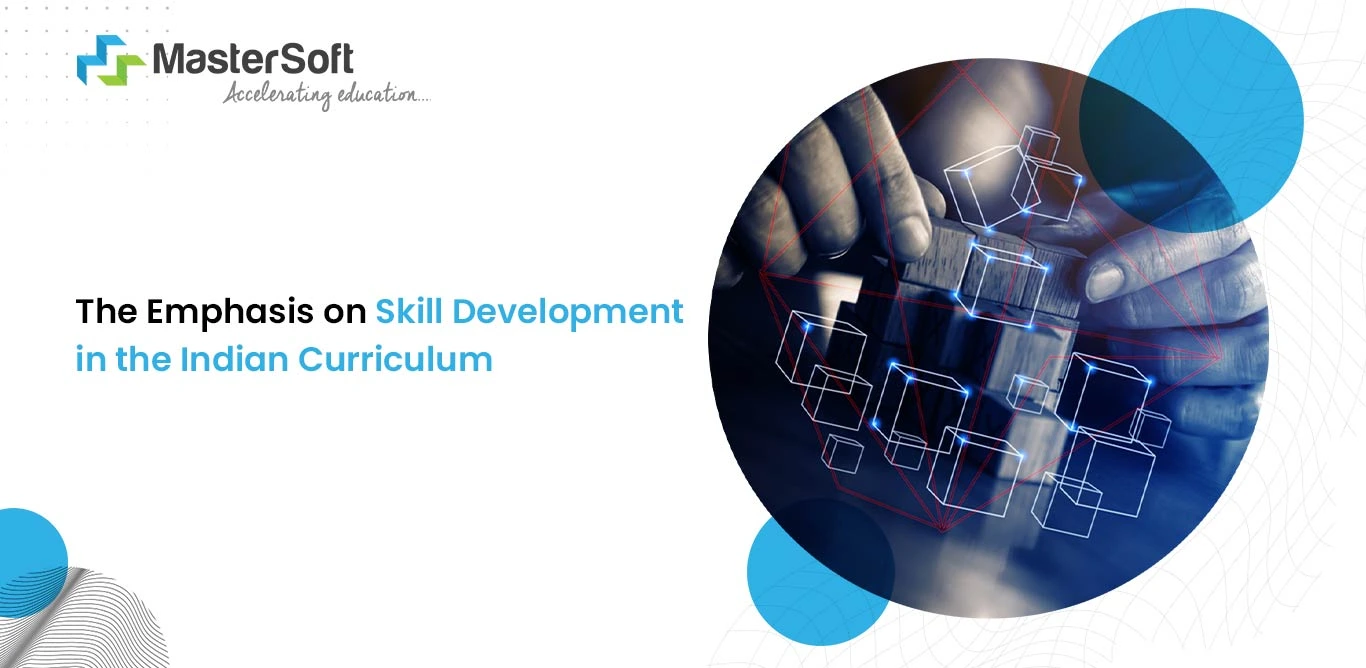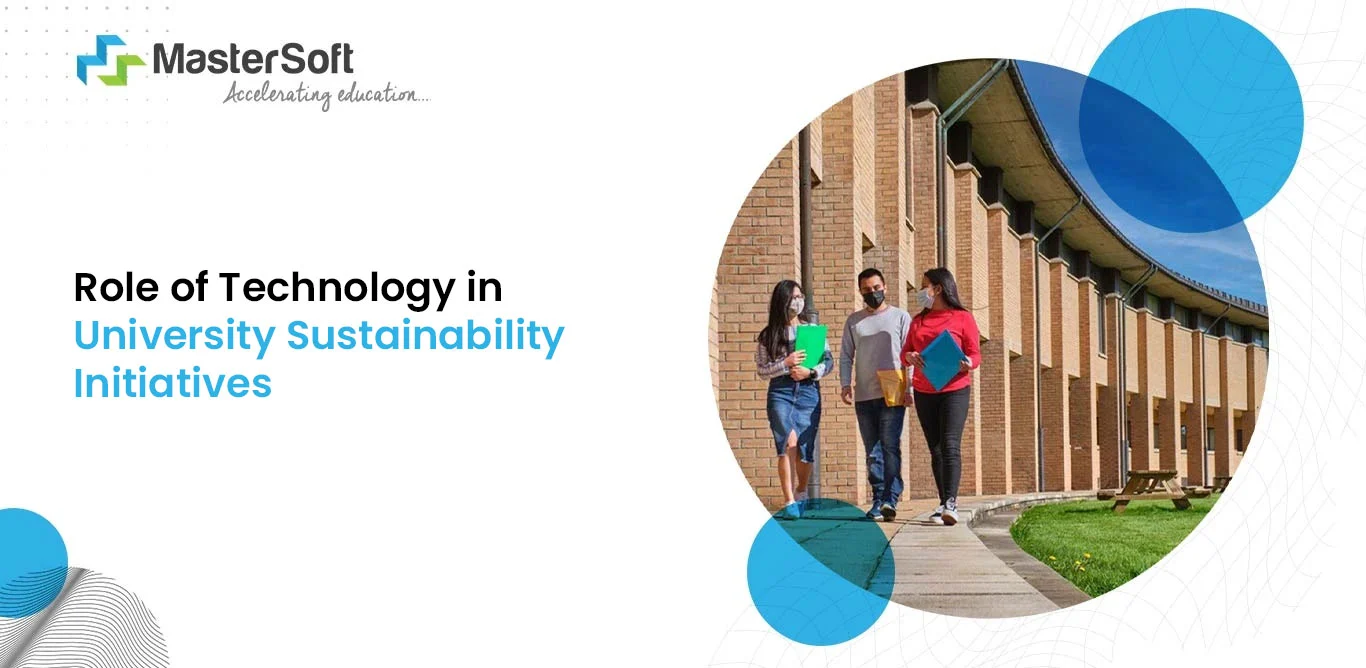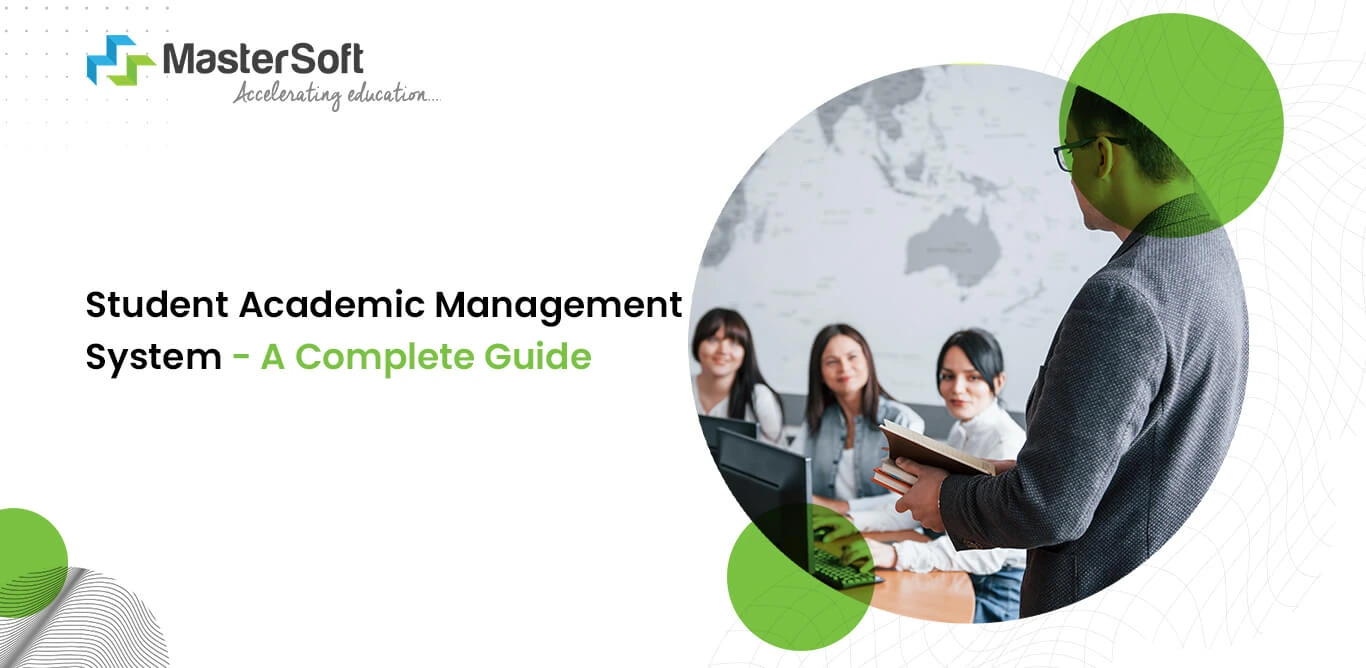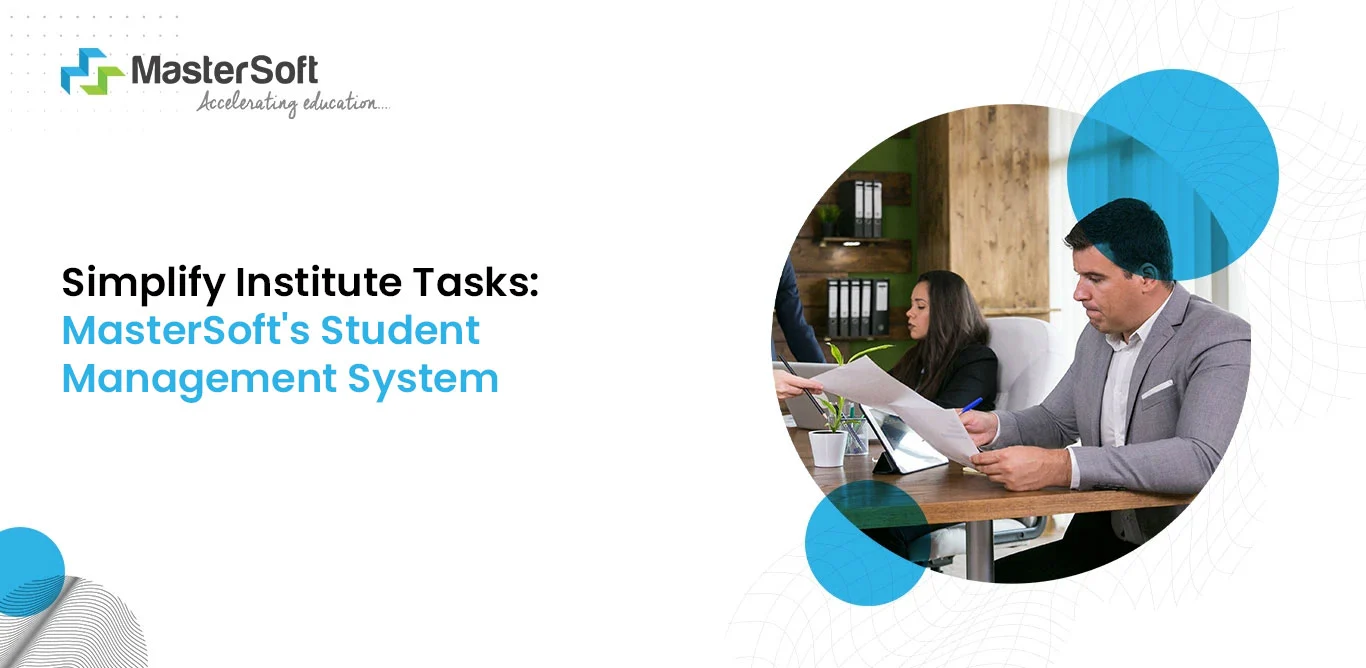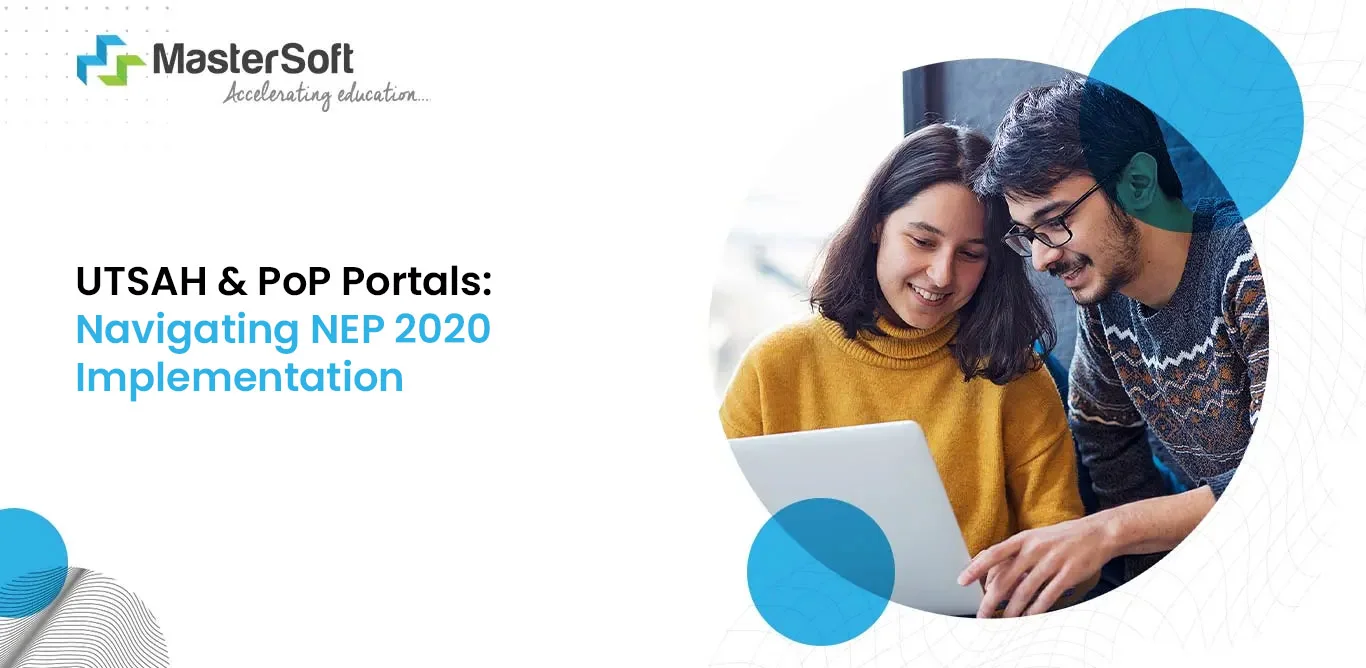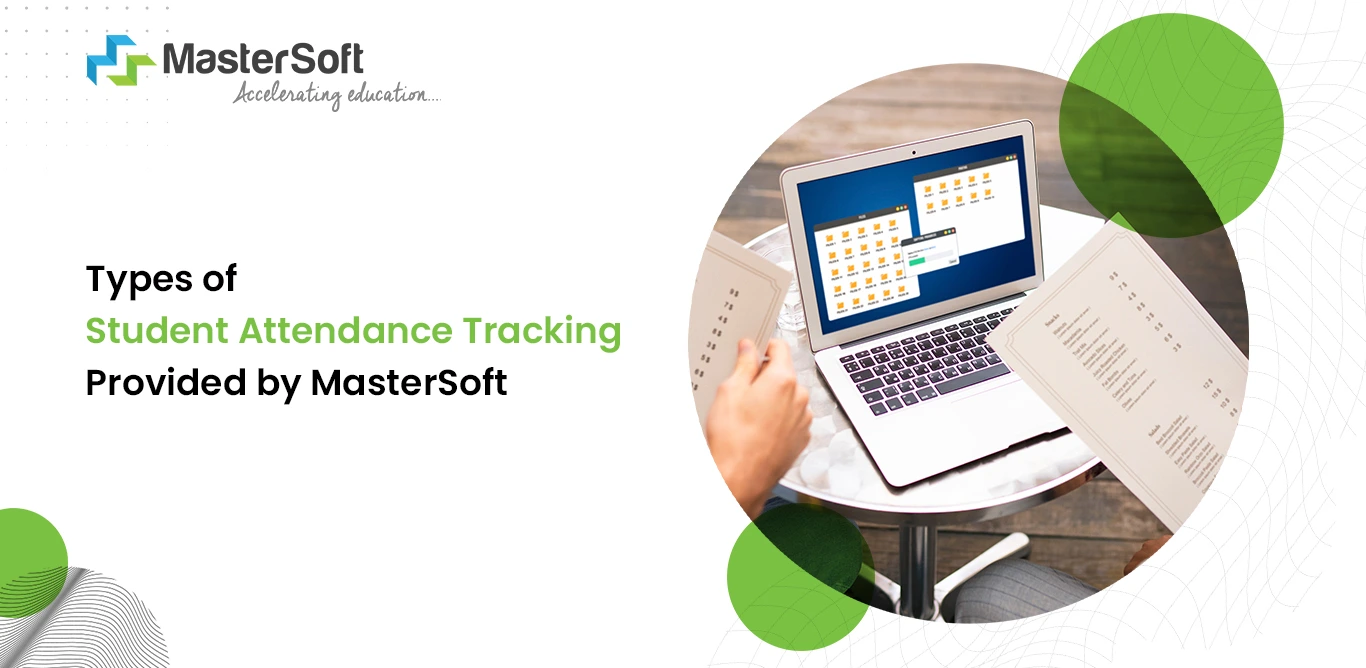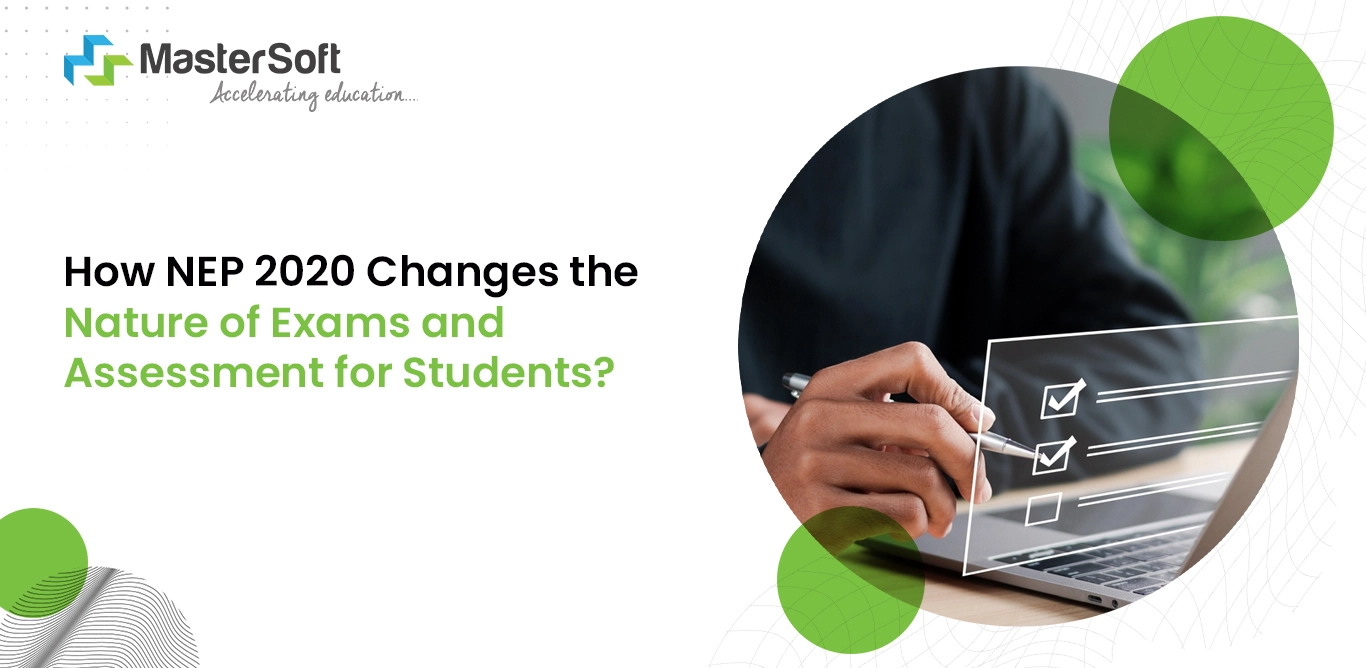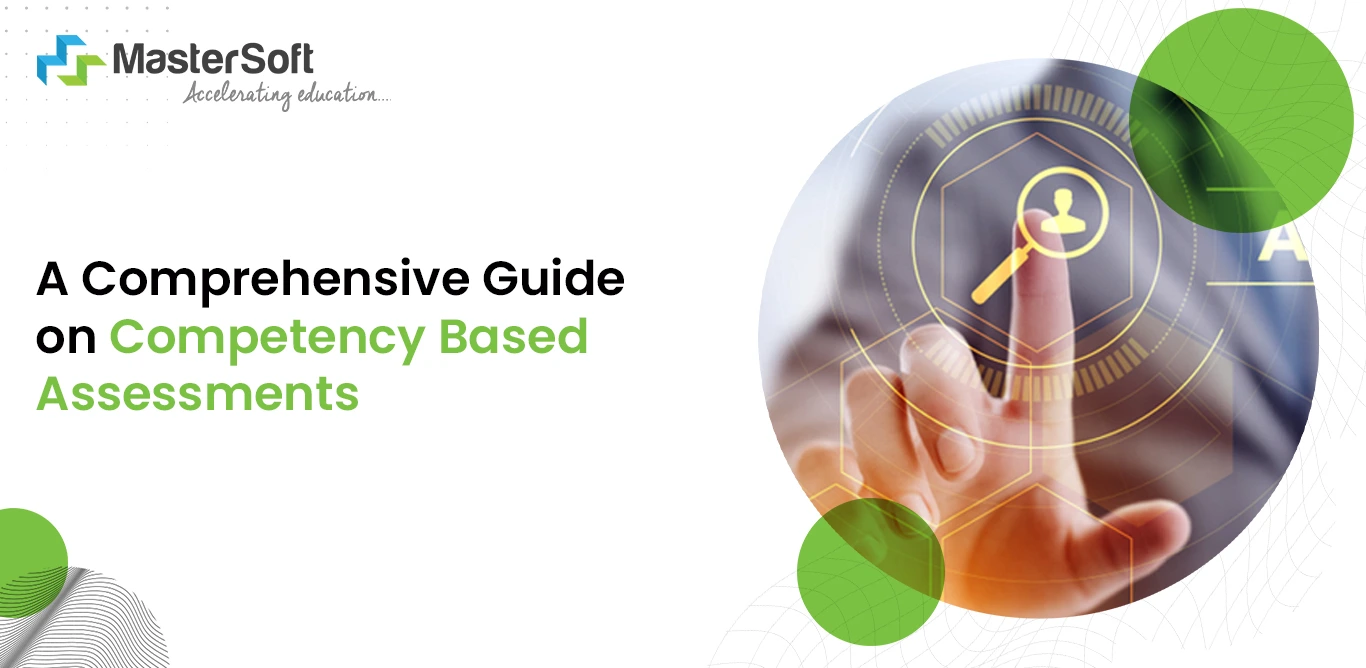04, Sept 2023
In higher educational institutions, the pursuit of academic excellence is not just a goal—it's a journey that relies on the foundational principle of fostering robust student engagement. This symbiotic relationship between engagement and excellence has become the pillar of effective learning, sparking active participation, cultivating critical thinking, and igniting an unquenchable thirst for knowledge.
To achieve this synergy, institutions are harnessing the power of modern technological solutions like Learning Management Systems (LMS) and related Enterprise Resource Planning (ERP) solutions, all while aligning their curriculum strategies with the principles of Outcome-Based Education (OBE).
For instance, Learning Management Systems serve as the digital cornerstone of student engagement and academic excellence. These dynamic platforms create virtual spaces where students access course materials, interact with peers, and engage with instructors.
Also, ERP Higher Education solutions bring diverse operational functions under a unified digital umbrella, promoting efficiency, accuracy, and synergy. Administrative tasks, student management, financial operations—ERP streamlines them all, freeing up institutional resources for more meaningful engagement initiatives.
How Does Using "Student Information System" Increases Institutional Efficiency?
The Essence of Student Engagement: Moving Beyond Passivity
Student engagement is more than just going to classes. It's about making learning exciting and interesting. It's like creating a world where you want to know more and be a part of things. This means being curious, taking part, and wanting to learn. It's not just one thing; it's a mix of feelings, thoughts, and actions that help you through your education journey.
The Power of Student Engagement
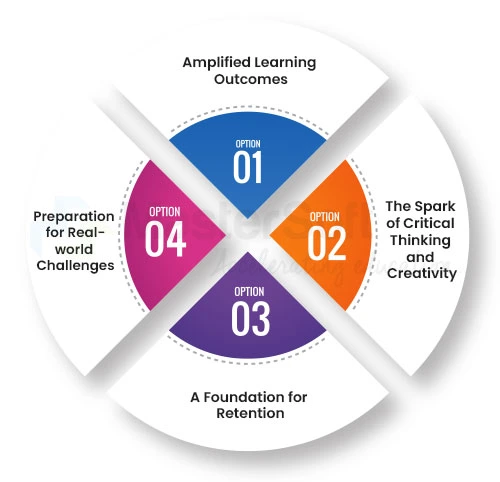
Amplified Learning Outcomes:
The act of engagement itself elevates academic performance. Engaged students don't just skim the surface; they dive deep into the waters of knowledge, grappling with concepts, and connecting dots. Their active involvement in discussions, analytical thinking, and hands-on projects results in a better grasp of course materials and a heightened ability to retain information.
OBE serves as a blueprint for impactful education. By establishing clear learning objectives and assessing student mastery, educators ensure that engagement goes beyond mere participation, leading to the attainment of desired learning outcomes.
The Spark of Critical Thinking and Creativity:
The cultivation of critical thinking and creativity thrives in an environment of engagement. When students are encouraged to question, analyze, and debate, they develop a heightened ability to dissect complex issues and formulate innovative solutions. This culture of curiosity and innovation equips students with skills that are essential for personal and professional growth.
A Foundation for Retention:
Engagement establishes a sense of belonging and investment within the academic community. This sense of connection directly impacts retention rates, as engaged students are more likely to stay the course, complete their studies, and actively contribute to their learning community.
Preparation for Real-world Challenges:
The skills cultivated through active engagement are the very skills that students will need to navigate the challenges of the real world. Collaborative problem-solving, effective communication, and the capacity to tackle complex issues are qualities that engaged learners develop, setting them up for success beyond academia.
Role of AI And Other Modern Technologies In Higher Education
How to Detect Lack of Student Engagement in Higher Educational Institutes?
Understanding that students aren't engaging in their learning is just as crucial as noticing when they are actively participating. When students become disengaged, it can result in them falling behind in their studies or even a larger number of students leaving the school by dropping out or transferring to another school.
This lack of engagement can also negatively affect the school's efforts and slow down progress toward its goals. .
Indications of Student Disengagement include:
- Nonattendance of Classes: A visible sign of disengagement is students neglecting to attend their scheduled classes, indicating a lack of interest in the learning process.
- Coursework Avoidance: When students start avoiding their coursework, it becomes evident that disengagement may be at play, affecting their commitment to academic endeavors.
- Behavioral Shifts: Drastic changes in behavior, such as withdrawal from interactions, can signify decreasing engagement levels, suggesting a poor connection to the educational experience.
- Dwindling Interest in Studies: An absence of enthusiasm toward studies and course materials can underscore disengagement, manifesting as indifference or detachment from the subject matter.
- Behavioral Disruptions in Class: Instances of disruptive behavior within the classroom environment may signal disengagement, reflecting a lack of investment in the learning process.
- Reluctance to Engage in Discussions: When students exhibit an unwillingness to participate in class discussions, it could be indicative of their disengagement from the interactive learning process.
- Delayed Class Arrival: Frequent tardiness to classes might be indicative of disengagement, reflecting a casual attitude toward punctuality and participation.
- Quick Surrender to Challenges: When students readily give up on challenging tasks without investing effort, it could point toward their disengagement and a lack of resilience.
- Appearing Distracted or Bored: Students who appear disinterested or bored during class sessions could be displaying visible signs of disengagement from the learning material.
By heeding these telltale signs of disengagement, educators and institutions can proactively address these concerns, fostering a culture of active involvement and commitment to academic excellence.
Key Strategies to Promote Student Engagement
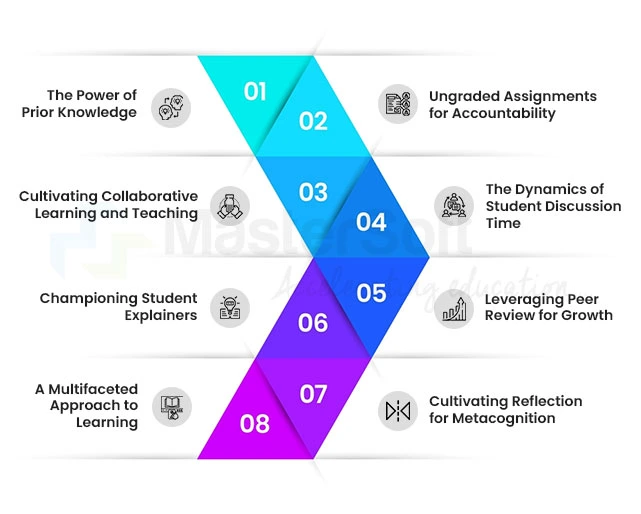
Empowering through Open-ended Questions: One of the most potent tools to cultivate engagement is through open-ended questions. These queries beckon students to delve beyond surface-level knowledge, encouraging them to justify opinions and interpret readings. The absence of a definitive "right" answer provides a safe space for exploration, fostering deeper understanding and igniting stimulating discussions.
The Power of Prior Knowledge:
Gauging students' existing knowledge before launching into instruction can prove invaluable. Background-knowledge checks not only aid instructors in tailoring their teaching approach but also generate discussions that set the stage for deeper engagement and more targeted content delivery.
Ungraded Assignments for Accountability:
Ungraded or credit-upon-completion assignments, such as short reflections or active participation in class discussions, are potent tools to foster engagement. These assignments hold students accountable for their learning journey, encouraging them to prepare thoughtfully for graded assessments without undue stress.
Cultivating Collaborative Learning and Teaching:
Harnessing the strength of collaboration within the learning journey sparks engagement. By weaving student expertise and peer teaching into the fabric of the curriculum, educators foster a dynamic learning ecosystem that encourages participation and the exchange of knowledge.
The Dynamics of Student Discussion Time:
Transforming conventional solitary problem-solving into group activities not only amplifies engagement but also nurtures metacognition. Group discussions enable students to articulate their problem-solving processes, reinforcing their understanding and fostering a sense of community.
Championing Student Explainers:
Students who grasp complex concepts are often ripe for an opportunity to shine. In moments of clarity, ask these students to explain their insights to their peers. This not only amplifies engagement but also hones their understanding through teaching others.
Leveraging Peer Review for Growth:
Incorporating peer review into open-ended assignments amplifies engagement while refining critical analysis skills. Establishing clear peer review norms ensures respectful feedback exchange, fostering a culture of improvement.
A Multifaceted Approach to Learning:
Acknowledging the diverse ways in which students absorb information is key to sustained engagement. Offering multiple learning avenues, such as various sources and modalities, respects individual learning preferences and enriches the learning experience.
Cultivating Reflection for Metacognition:
Encouraging students to reflect on their learning process nurtures metacognition an essential skill for academic mastery. Activities like self-assessment and exit tickets not only facilitate continuous growth but also empower students to take ownership of their learning journey.
Aligning Assignments with Course Objectives:
Establishing the relevance of assignments to course objectives deepens engagement. Demonstrating how acquired knowledge can be practically applied reinforces the connection between coursework and real-world application.
National Education Policy 2020: All You Need To Know About NEP 2020 For Schools
Understanding and Addressing Disengagement: Early Intervention Matters
Recognizing signs of disengagement is paramount for timely intervention. Absenteeism, behavioral shifts, lack of interest in coursework, and minimal participation are red flags that necessitate proactive measures. By identifying and addressing these signs, educators can reshape their approach, rekindling student interest and reigniting the spark of engagement.
To Sum Up,
Student engagement is like the foundation that makes academic excellence grow in college. When teachers create a place where students want to learn, think a lot, and explore different ways of learning, it helps students learn really well. This mix of engagement and doing great in academics helps students not only do well in school but also become people who keep learning throughout their lives. It gives them the skills to be smart, creative, and confident as they move through life's changes.
Manage student data and ensure institute’s success with MasterSoft.
Mobile: 08448010216
Email:info@mastersofterp.com



